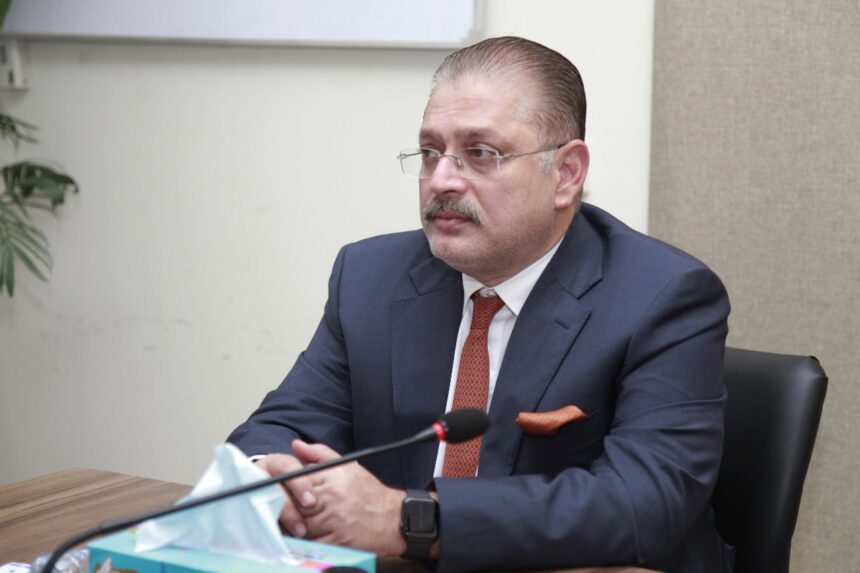Sindh Senior Minister for Information, Transport, and Mass Transit, Sharjeel Inam Memon, declared that Sindh possesses abundant resources to address Pakistan’s energy crisis, but hindrances in the face of federal policies obstruct the development of the province’s energy sector. In a statement on Sunday, Memon urged stakeholders, experts, and policymakers to openly discuss Sindh’s vast energy reserves and sustainable solutions, emphasizing that empowering the province could revolutionize Pakistan’s energy landscape.
Memon highlighted the Thar Coal project, which has supplied 30 million tons of coal to independent power producers (IPPs) over six years, generating 31 gigawatts of electricity and powering 3 million households. He cited the potential of Thar to meet Pakistan’s electricity needs for not merely years but decades. At present, a 105-km railway line is under construction to connect Thar coal to national and international markets.
Sindh has also advanced in renewable energy, with an active wind corridor, ongoing solar projects, and the Nooriabad Power Project supplying 100 MW to Karachi. The provincial government has allocated Rs 2.5 billion for solar initiatives and covers electricity bills up to 200 units for Thar’s deserving residents. Plans for two new solar parks in Karachi, a solar project in Manjhand for Hyderabad, and solar parks for Sukkur and Larkana are underway.
Memon criticized federal opposition to Sindh’s solar and wind projects, urging full cooperation to meet national energy demands. Beyond energy, he also addressed the ongoing actions against illegal constructions, with the Sindh Building Control Authority (SBCA) issuing notices to 37 hazardous buildings in Sukkur and inspecting structures in Karachi, Hyderabad, Larkana, and Nawabshah. Disciplinary and legal actions are being planned against the involved officials.
On flood preparedness, Memon reported rising water levels in the Indus River, with low-level floods at Guddu and Sukkur barrages. The Sindh Irrigation Department and Provincial Disaster Management Authority are closely monitoring barrages and vulnerable areas, with relief camps and logistics activated in low-lying regions. Amid post-monsoon health concerns, emergency units are operational in government hospitals, and mobile medical camps are being set up in Karachi, Thatta, Badin, and other districts, with public advisories to use clean water and avoid substandard food.
Memon also dismissed propaganda against Sindh’s new vehicle number plate scheme, clarifying it aims to modernize registration, curb crime, and address vehicle theft. He reiterated the government’s commitment to ensure that people’s genuine grievances are heard, but propaganda will not be allowed to take root in any form. Politics will never be tolerated on public welfare measures, he stressed.


Leave a Reply